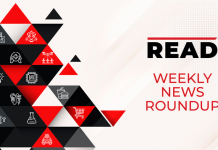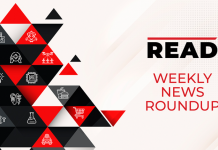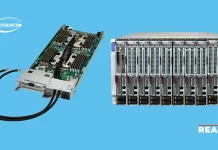OLI Systems, a global leader in delivering process design and operations insights for complex chemical processes, has received a DOE SBIR Phase II Award from the US Department of Energy (DOE) for advanced process simulation to mitigate the risk of corrosion and mineral scaling in geothermal energy production.
Geothermal environments can be extremely corrosive making corrosion management critical to asset performance and operations efficiency. Mineral scaling from geothermal fluids is another major obstacle, fouling devices, wells, and aquifers. This project addresses the lack of a rigorous, predictive tool to mitigate scaling and corrosion risk in geothermal energy production with a fully physics-based model and software-based solutions to lower the cost of geothermal systems.
Also Read: Lyten Selected for the AWS Clean Energy Accelerator 3.0
In Phase I of this project, the OLI Mixed Solvent Electrolyte (MSE) corrosion model was used to predict electrochemical kinetics and localized corrosion with limited experimental validation to demonstrate the feasibility of the approach.
In Phase II, the corrosion model will be further extended with experimental data to include a variety of environments representative of Enhanced Geothermal Systems and additional alloys that would be representative of the broadest range of Corrosion Resistant Alloys likely to be used in geothermal applications. The existing OLI MSE thermodynamic model will be enhanced to predict the formation of mineral scales that may occur in various crystalline and amorphous forms of carbonates, sulfates, silicates, and sulfides up to high salinity conditions.
The model will be incorporated in future versions of both the OLI Cloud Platform to enable real-time monitoring and process automation as well as the Windows platform. These new capabilities will enable accurate estimation of technical and financial risk for geothermal energy production.
Broader benefits of the project will include the ability to model electrochemical kinetics in systems involved in energy storage and metal separation applications.
SOURCE: PR Newswire




